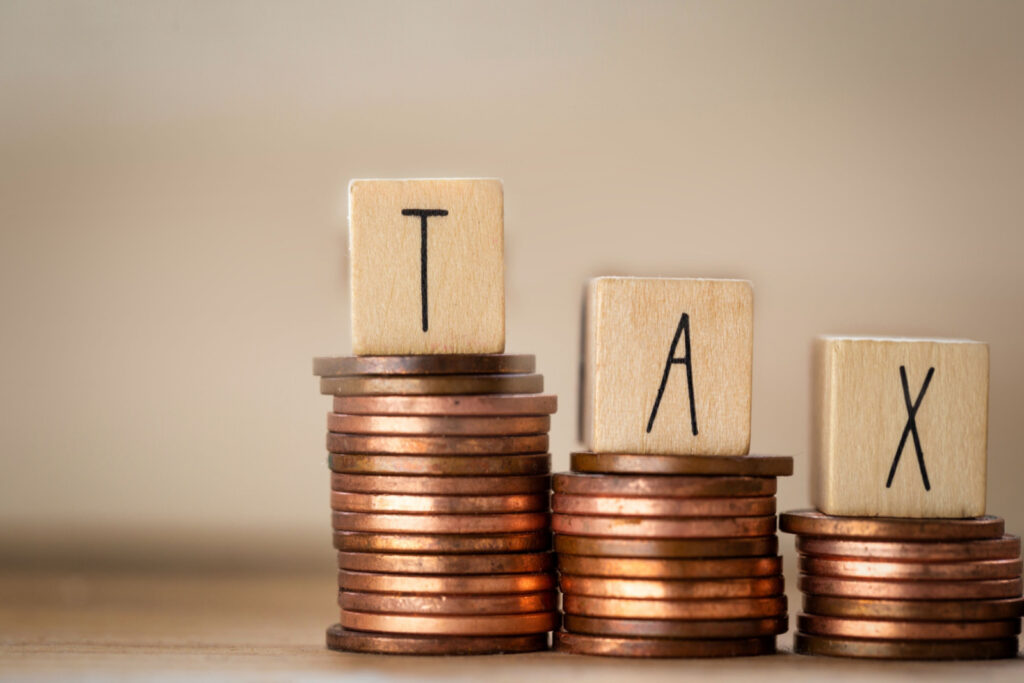Scrap metal recycling is a growing industry. Maintaining a sustainable future is vital, and we can do that by decreasing the manufacturing and construction industries’ carbon footprint. Selling your scrap metal is a cost-effective and impactful way you can contribute to a more environmentally-friendly future.
Making money from scrap metal is more complex than bringing your metal and getting a handful of cash. Understanding the scrap metal recycling process, including how recyclers protect from fraud and theft, is vital before considering selling your scrap metal for recycling purposes.
How Scrap Metal Recycling Works
All kinds of metal are recyclable, and you can profit considerably when you sell them. Copper is particularly lucrative since it is highly malleable and conducts electricity. Copper can also be recycled over and over again, making it an environmentally friendly recyclable metal option.
Some other examples of commonly recycled scrap metal include:
- Structural steel
- Flattened sheet metal
- Aluminum
- Brass
- Stainless steel
- Insulated wire
- Tungsten carbide
The most common metals are non-ferrous, meaning they are not magnetic. These metals are commonly found in homes and construction sites. If at the end of a project you find you have leftover metal, you can bring it in for recycling.
In compliance with environmental regulations, some materials are prohibited from recycling. Some of these prohibited items include:
- Fridges, freezers, & microwaves
- TVs, stereos, phones, & computers
- Aerosol cans & propane tanks
- Rebar, steel cable, & barbed wire
- Fluids including gas, diesel, oil, & water
It’s important to understand which materials you can and can’t recycle before bringing them in to avoid any headaches or frustration.
Reporting Scrap Metal Income
When you bring in your scrap metal, it is categorized, weighed, and priced based on its usability and quality. If you’re working at a job site, you can even schedule bin service so you can pile up all your scrap metal and have it easily transported back to our facility.
Scrap metal sellers must report income from the sale of metal for recycling purposes on their annual tax returns. Line 10400 is the spot on your T4 designated for “tips, gratuities, or occasional earnings,” which scrap metal sales would fall under.
There are currently no tax incentives associated with reporting income from the sale of metal. You will technically get taxed on scrap metal as part of your overall personal income tax.

Protecting Scrap Metal Recyclers
In Alberta, the Scrap Metal Dealers and Recyclers Identification Act protects scrap metal recyclers from fraud and theft. Under the act, all transactions involving metal must be made using traceable forms of currency—meaning no cash is allowed. Recyclers must also report transactions involving high-theft items like copper wire to law enforcement through a central database.
Other commonly stolen scrap metal items include:
- Traffic lights & signs
- Street lights & wiring
- Maintenance hole covers
- Memorial plaques & monuments
- Guardrails
Under the requirements set out in the Act, scrap metal recyclers can only complete interactions with people aged 18 years or older. When you visit a scrap metal dealer, you must have a piece of government-issued photo identification containing your name, signature, date of birth, and unique ID number.
The information on the provided ID is then entered into a central database, in addition to your address. Recyclers must also record other information, including the transaction date, type of metal collected, weight, and a complete description of the vehicle used to deliver the metal. These records are kept for at least 2 years in the central database.
First offenders face a $10,000 fine or one year in jail for selling stolen scrap metal. Repeat offenders face a $25,000 fine, one year in jail, or both.
Trusted Scrap Metal Recycling in Calgary
When selling your scrap metal, you want to know you can trust who you’re dealing with. With long ties to the community, our team at Federal Metals is one you can rely on to be forthright, fair, and trustworthy.
Now that you know how you get taxed on scrap metal and the entire process associated with recycling your scrap, it’s time to get started! Get in touch with us to learn more, make a positive environmental impact, and make some money along the way.



